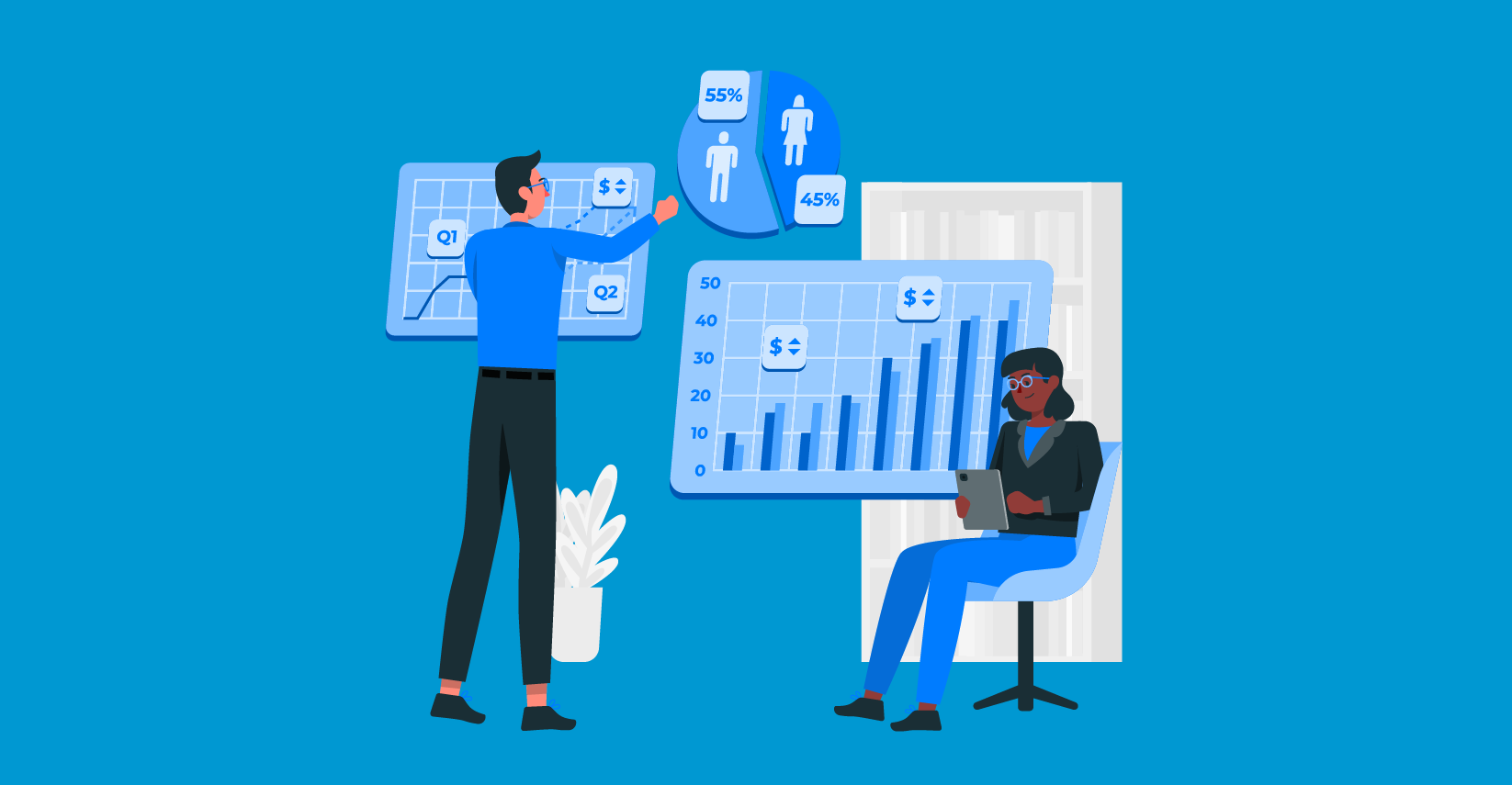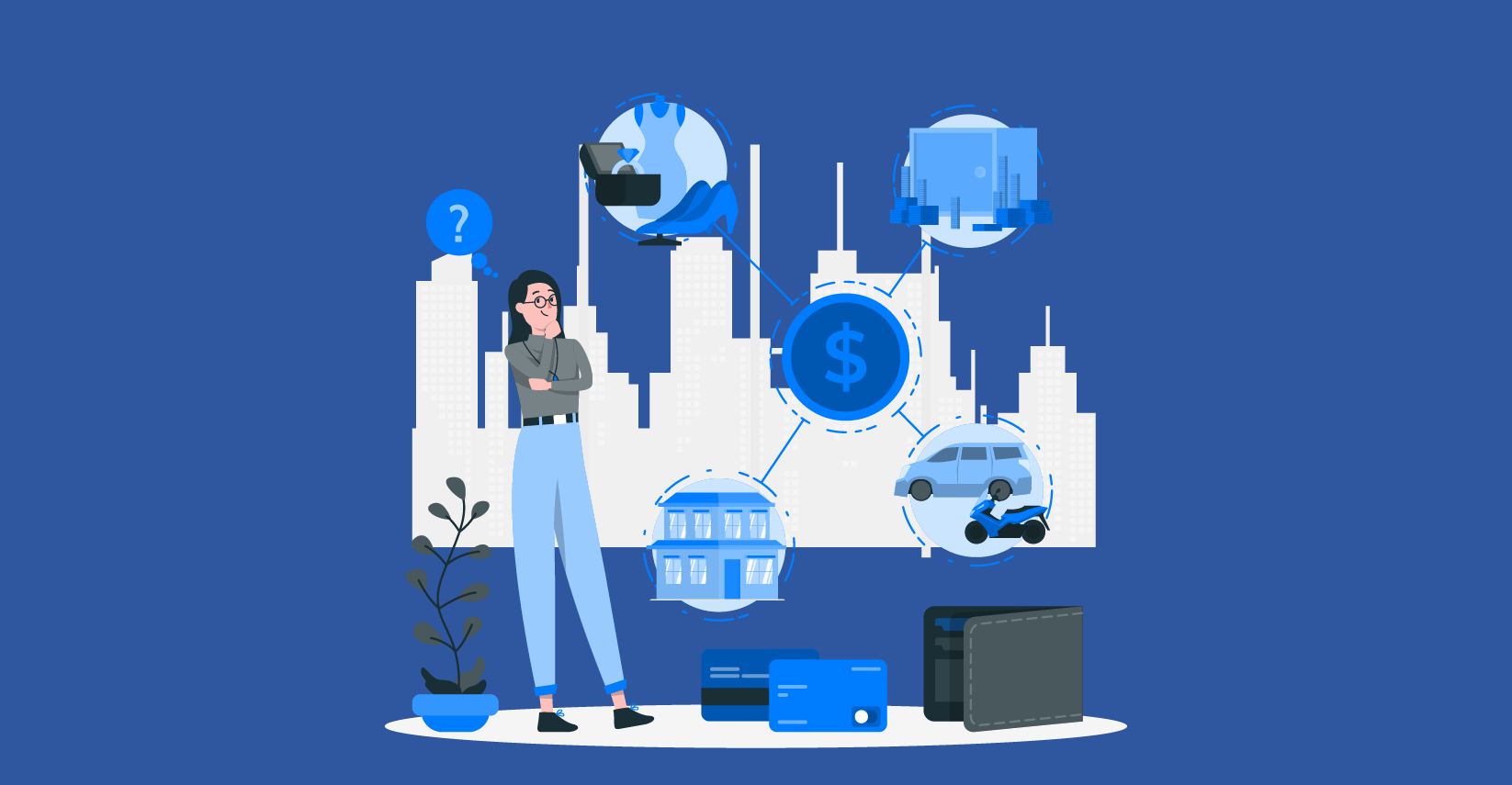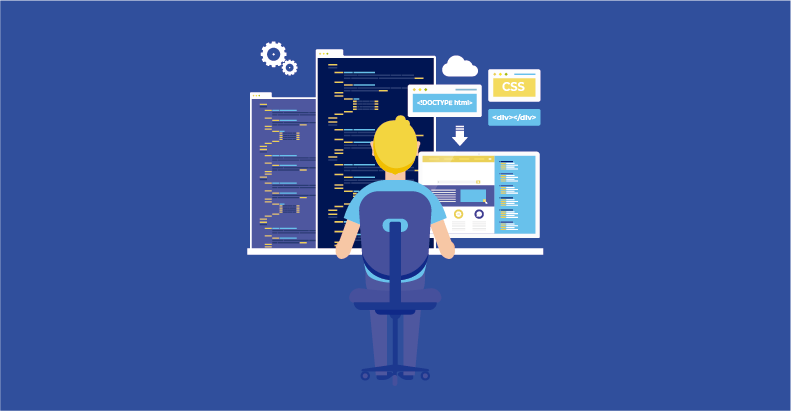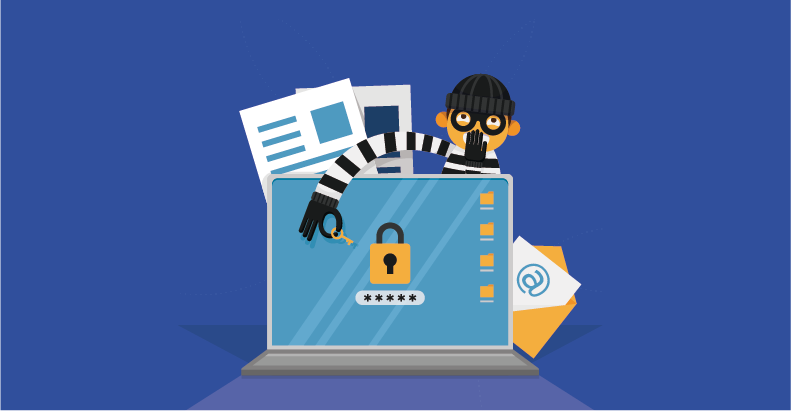Strategic Network Defense: Network Security Services in Focus
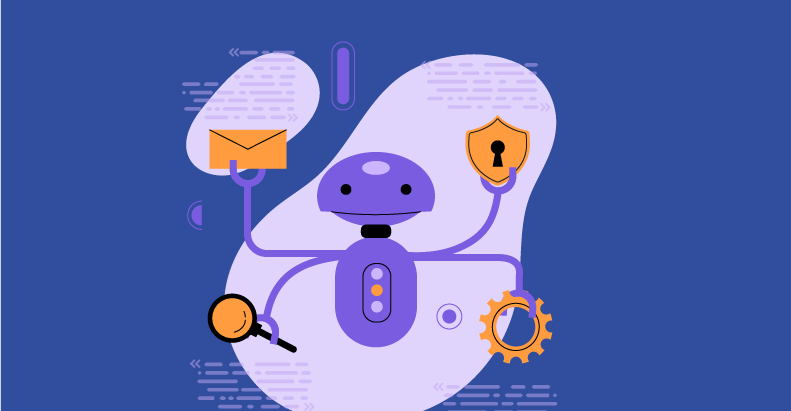
- June 27, 2024
- admin
Adding another layer of security to improve your infosec services is always welcome. When your company has an extensive and important network, it probably contains very sensitive data that you don’t want to be seen by unauthorized individuals. Unfortunately, some hackers still try to exploit system weaknesses to steal and sell data.
For this reason, employing the best network security services is not something you can overlook. You need as much protection as possible to prevent potential attacks. Luckily, a wide range of hardware and software tools can safeguard your network. You only need to know how to use it.
Fear not – we are here to save you from the possible demise of your business with some network security information.
What Is Network Security Exactly?
Network security focuses on providing defense against threats to your network. Basically, it protects your network against intrusions, breaches, and anything of the sort. It is necessary for companies and people who want to keep their data safe.
Networks are made from different interconnected devices. They include servers, computers, and wireless networks. Unfortunately, potential attackers often target these systems as they contain precious data that can be used in evil ways or sold.
With attacks growing more complex, companies are responsible for boosting their own security, which is where network security comes into play.
Network security works by mixing software and hardware solutions with specific rules, configurations, and processes. In order to ensure the effectiveness of these cybersecurity services, firms use antivirus programs, network analytics, VPN encryption, access control, and other strategies.
Why Is Network Security Crucial?
You cannot deny the importance of network security for your data protection services. It’s necessary if you want to prevent criminals from stealing all your precious data and information. If they manage to break through your shields, it can put your business at risk.
Here are some reasons why you should implement network security alongside threat detection services:
There Are Many Financial Risks
When a data breach affects your network, high costs will be involved, both for the firm and for people. Victims may end up getting fines in case of an attack, not to mention they would need to pay for repairs and restitutions most times.
Operational Disruption Risks
A data breach can disrupt a company’s operations. Since firms depend on networks to function, any attack may ruin operations until the business can get back on its feet.
Reputation Effects
When a company’s network defenses don’t work, it may ruin an organization’s reputation. People will be less likely to trust it since breaches took place in the past.
Bottom Line
By using strategic network defense, you can boost your security risk management services. Network security has the power to help you with managed security services by preventing potential data breaches and attacks and keeping any stored data safe.
This is crucial if you do not want a ruined reputation or financial and operational risks along the way.



